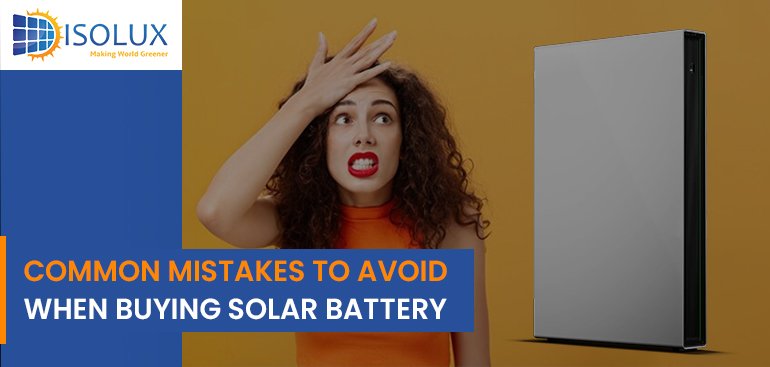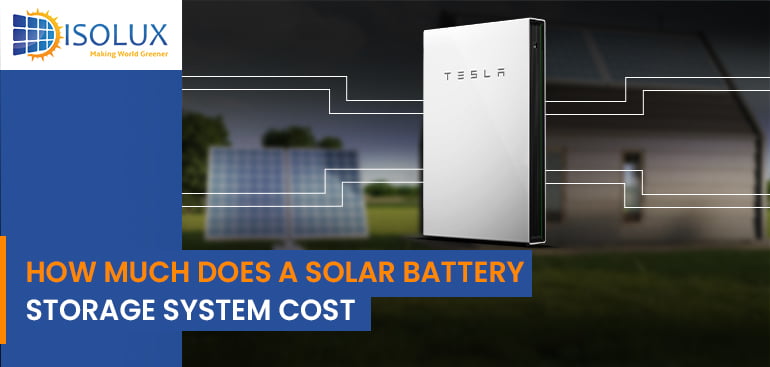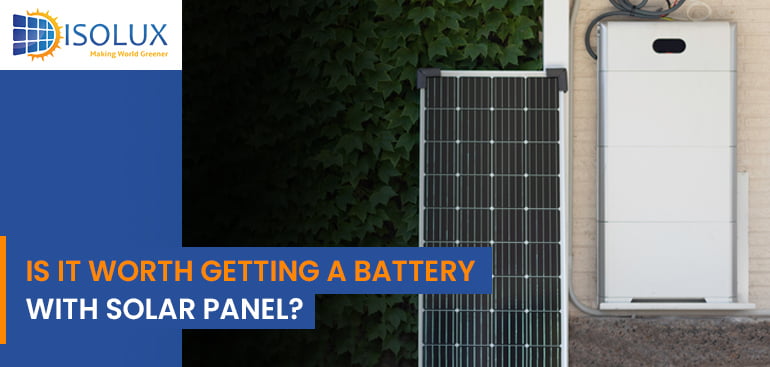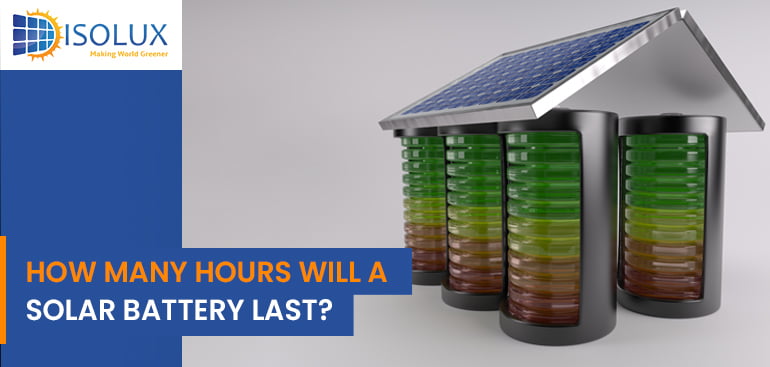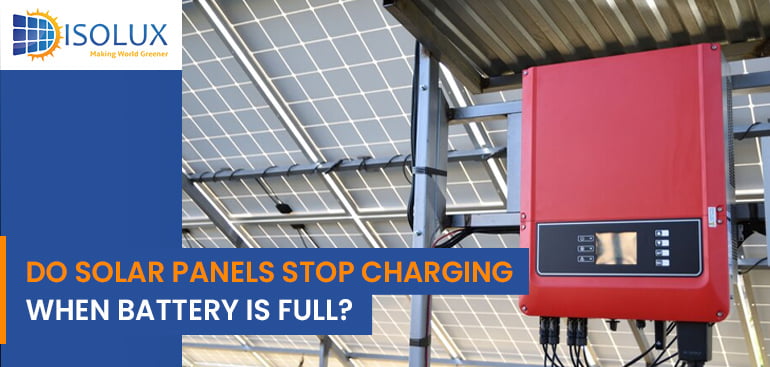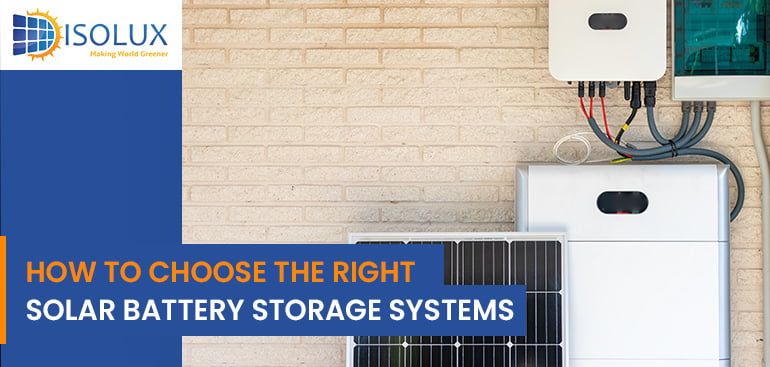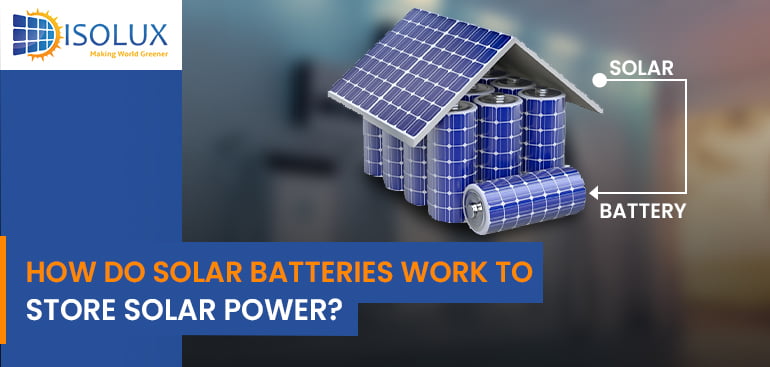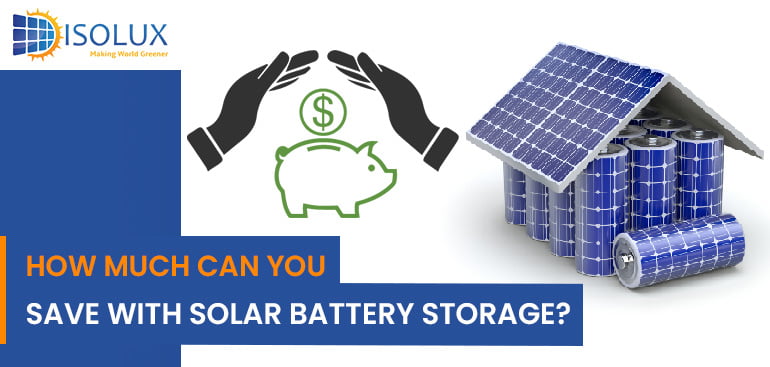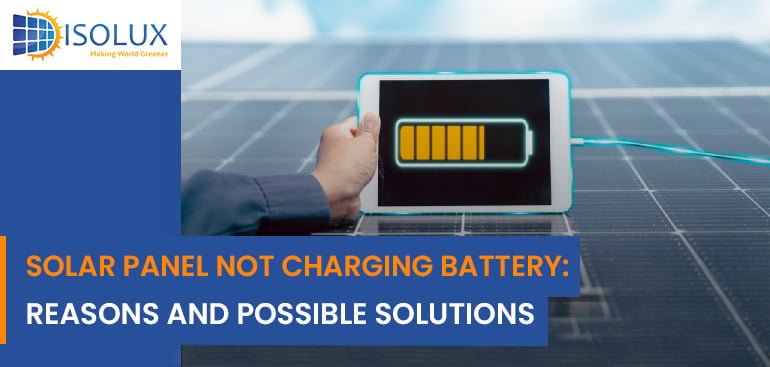The best place to store your solar battery in Sydney is in a cool, dry, and well-ventilated location. Which is protected from extreme temperatures, moisture, and direct sunlight. Ideally, you should store your batteries indoors in a temperature-controlled environment that is not exposed to the elements.
At Isolux Solar, we understand the importance of making informed decisions when it comes to choosing and maintaining your battery system. We’ve seen too many homeowners make simple mistakes that can cause damage to their batteries or limit their system’s overall performance. In this article, we’ll discuss some of the most common battery mistakes and how to avoid them.
The shift towards renewable energy sources has led to the rise of solar energy as a popular choice for homeowners. Solar panels are an efficient and cost-effective way to generate electricity and reduce the dependence on traditional sources. However, to ensure a steady and reliable source of energy, many people are opting for solar battery storage systems. But is it worth the cost? This article will provide a comprehensive guide to help you make an informed decision.
As the world becomes more conscious of its impact on the environment, many homeowners are looking for ways to reduce their carbon footprint and reduce energy dependence. One solution that has gained popularity in recent years is installing a solar with battery storage. Let’s explore the key benefits of going solar with battery package and the benefits of installing it.
Solar battery storage systems are a crucial component of any solar energy system, serving as the storage unit for excess energy generated by solar panels. These batteries are designed to provide reliable and consistent power, even when the sun is not shining. However, it’s important to understand the factors that determine the capacity and lifespan of a solar battery.
Yes, solar panels are designed with built-in mechanisms to stop charging the battery when it is full. This is known as a charge controller, and its main function is to regulate the flow of electricity from the solar panels to the battery to prevent overcharging. The charge controller monitors the battery voltage and limits the amount of current that flows into the battery once it reaches its full capacity. This helps to ensure the longevity of the battery and prevent damage caused by overcharging.
Battery storage is an important component of solar energy systems because it allows for the efficient and reliable utilization of solar energy. There are various aspects to consider when selecting a battery storage system for your solar energy needs to guarantee that you get the best system for your needs. To choose the right Solar Battery Storage Systems for your solar energy needs, consider the following factors:
The solar battery is an important addition to a solar panel system. Solar batteries let you store energy and use stored energy when the panels aren’t generating enough energy to power your home. Prior to going for a solar panel battery, most homeowners wonder how a solar battery works with a solar power system.
Are you thinking about purchasing a solar battery? If so, you’ve undoubtedly considered whether the savings from batteries for solar energy storage are worth the expense. Solar battery storage price cost approximately $1,000 – $2,000 per kilowatt hour (kWh) of storage capacity. Government battery rebates can help lower the initial purchase price, but even with a discount, a battery is still a significant financial investment.
The complete solar power system consists of a solar panel, an inverter, and a battery. These three components works in synchronisation with each other to generate energy from sunlight. Most homeowners are going for solar power installation. Say you connect the solar panel installed at your home by the best solar panel installers in Sydney to the battery for charging. However, you find that the solar battery is not getting charged by the solar panel.


